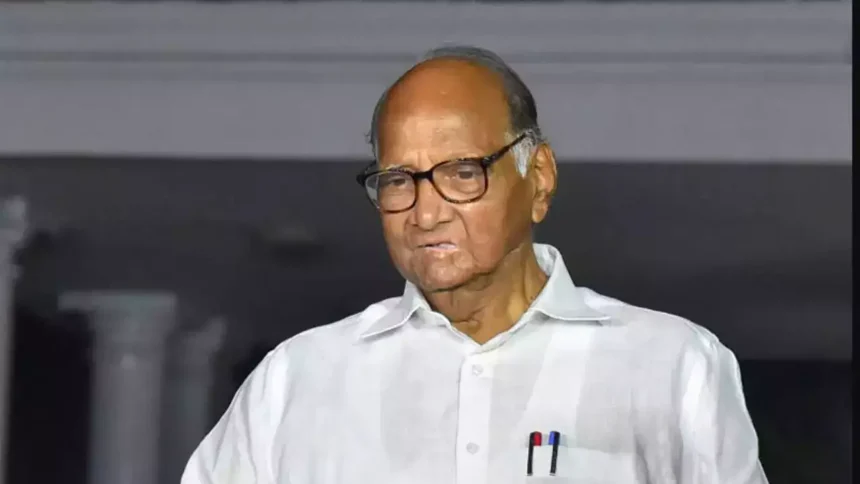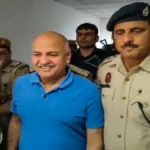Sharad Pawar, the founder of the Nationalist Congress Party (NCP) and a well-known political figure in India, recently announced his decision to step down as party chief. The announcement sent shockwaves across the country’s political circles and triggered protests from party workers in Maharashtra who urged him to reconsider his decision.
Despite the backlash, Pawar stood firm on his decision, stating that he wanted to ensure the party’s future and create a new leadership. Speaking to his supporters outside the Y B Chavan Centre, he acknowledged that he should have consulted them before taking such a significant step. However, he also said that the sentiments of the party workers would not be ignored and that he would take a final decision in the next few days after consulting with party colleagues from outside Maharashtra.
The NCP is now expected to see a leadership contest among Ajit Pawar, Sharad Pawar’s nephew, his daughter Supriya Sule, and senior leader Jayant Patil. Chhagan Bhujbal, a former Maharashtra deputy CM, is also expected to throw his hat into the ring.
Ajit Pawar initially supported Sharad Pawar’s decision, stating that it was necessary to change the guard due to his age and health. However, he later revealed that party workers were upset and that Sharad Pawar was rethinking his decision. He said that the party workers wanted Sharad Pawar to remain as party president alongside a working president.
Sharad Pawar, who is often referred to as the ‘Chanakya’ of Indian politics, has been a prominent figure in Maharashtra politics for several decades. He has served as Maharashtra’s chief minister and has held several other important positions in the central government.
His decision to step down as NCP chief has generated a lot of speculation about his future plans. Some observers believe that he may be planning to retire from active politics, while others speculate that he may be preparing for a larger role in national politics.
Whatever his plans may be, Sharad Pawar’s decision has once again highlighted the need for a succession plan in political parties. With several senior leaders in their seventies and eighties, there is a growing realization that political parties need to groom a new generation of leaders to ensure their future.









